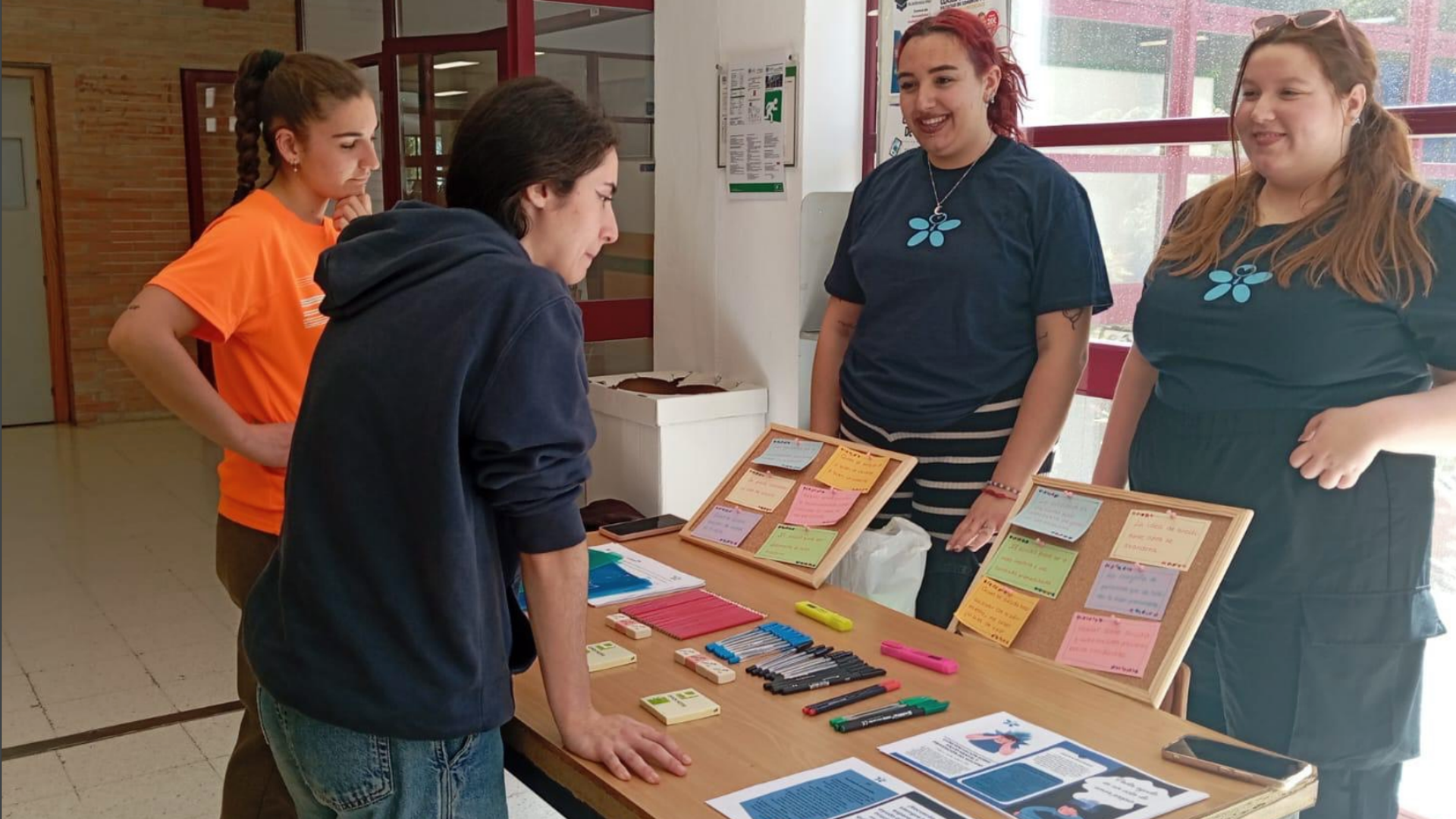Tuesday, October 22, 2024, 8:16 p.m.
Manuel Ladoux has been directing a mediation program for more than fifteen years that turns students into authentic leaders. Within the scope covered by the Healthy UMA initiative, which even has its own hashtag on social networks, Ladoux tries to launch all possible proposals through social action. One that has had a great impact and continues to have an impact on the student body is the ‘Equal Mediation Program, Health Promotion and Prevention of Violence, Discrimination and Harassment’.
Open to the entire university community, it offers a provision of six credits after mandatory attendance at the full program. The process is very simple since after seven days of intensive training, students become mediators and create an intervention project in the specialty that interests them most. According to the program coordinator, one year there was a group of students who went to the Malaga center to take a breathalyzer test to prevent driving under the influence of alcohol.
“The iPhone had not yet arrived, there were still Blackberries,” the social worker recalls to remember the first promotion, that of 2008. They had few avenues and they focused especially on drugs and smoking, but little by little they were developing more ways to meet the information needs of the community. They even launched an awareness line during the pandemic that is still enabled, so that mediators can upload videos answering specific questions about their areas of action.
The figure of the mediator
There are no requirements other than committed attendance at in-person training to avoid missing part of the syllabus. After that step, it is the same program that adapts to the student’s schedule to make their participation compatible. From going to schools or institutes to give talks, to recruiting people from the faculty to make games or train other people. “They are given specific training that works on the issue of creativity,” says Manuel Ladoux to ensure that everything will help them in their future jobs.
In fact, among the profiles you most often see are students from branches such as engineering who have “greater difficulty in covering those credits.” He recognizes that they are the first to notice a change when they arrive with an analytical spirit and integrate into work groups, proud of the different dynamics that can be created. Among the top ten degrees that have taken the most participants to the program, Engineering has 161 this year, followed by Psychology with 123 and Marketing with 80 students.
“Generally we ask them to propose 5 or 6 activities, and in the end they do 3,” says the coordinator, as part of the process of the program itself. After that, a meeting is held to provide them financially so that they can prepare, for example, the prizes for the games they play. Ladoux narrates with occasional laughter how they had to change the prizes from being sweets in the early years to an educational pack given the inconsistency between their healthy eating program and the prize itself.
Program evaluation
All participants in the games go through a form before collecting their prize, and it is a measure that allows Manuel Ladoux to be able to collect data. In total, they have carried out 70 actions and 1,794 evaluations. The most prominent areas are emotional health, sexual affective health and drug addiction along with other addictions. The majority of attendees rate the attention of the mediators and the activity very positively, more than 90% in both cases.
Uniformed in their mediator shirts, they have carried out activities such as the famous Pasapalabra donut. “Evaluations have been made on the state of health of the university community and areas have been detected in which the student body feels poorly informed,” a statement that leads to understanding the background of the desire to satisfy these complaints. The first positions that are usually filled are on topics of food, sexuality, drugs and mental health.
The Vice-Rector for Equality and Social Policy encourages students to join this initiative that begins on October 22. It is completely free to be part of the program, through a registration form provided on Instagram through @umasaludable. All you need is to have the same desire and the same enthusiasm as the person who runs all the workshops.
